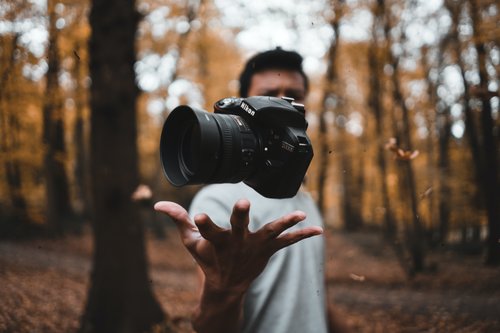
“Painting With Light”
Your ability to observe and to perceive what and how a scene can be portrayed in a photograph is a fundamental basic skill. Seeing how visual elements will appear and influence the image is a mystical gift to some and a hard-learned lesson for others. However, it is a learned-skill, you must learn to control ‘information overload’ and concentrate on the most important things that will be in your image.
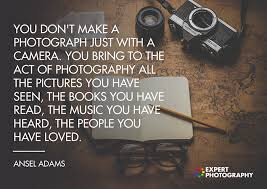
A photograph will capture exactly what is there however, we perceive things differently than they really are. Have you ever REALLY looked at a power line? We always assume they are straight, up and down, but in reality, they often have a lean. What do you want to capture, the straight? or the lean?
Often times photography can capture a dynamically changing scene. The photographer must shift their focus to anticipate how a scene will develop and be ready for change.
Light
As a realtor says location location location a photographer is all about light light light.
Sometimes more and sometimes less. Tonality can be well captured by a camera. The variety of tones can rival the most complex drawings and paintings but the camera has limitations. Learning how to manipulate and understand these limitations makes you a great photographer.
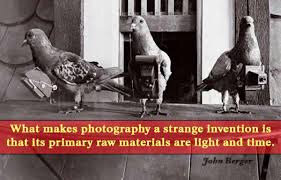
Emotion
The ability to summon an emotional response with have people looking at your photograph longer, deeply, looking for the hidden meaning. While you take the photograph, the emotional response is up to the viewer: happiness, curiosity, serenity, perhaps horror. Your goal is a photograph that is anything but boring.
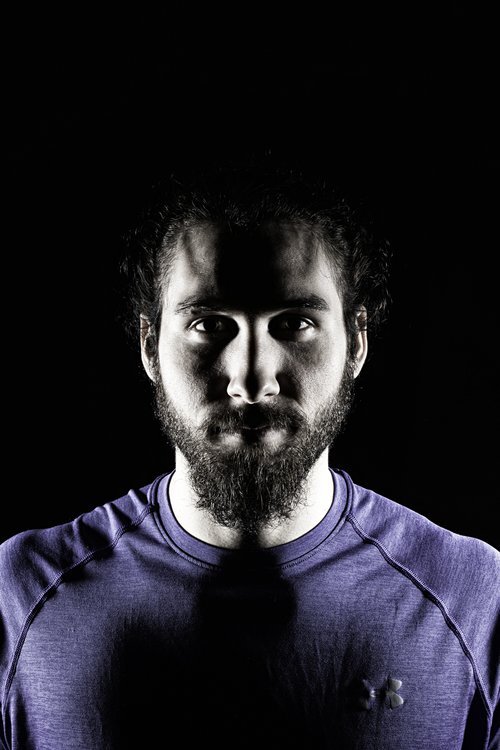
Timing
A photograph is a moment in time captured forever. Catching that brief second of emotion, action, or light can capture a moment that will never be seen again. Will you capture a moment in history?

Creativity
A photographer can stand out by being original. It’s all about seeing your subject the way others don’t. Using original thought and showing imagination in your photographs, you can show more than a simple photograph and you will reflect your unique vision of your world.
Great photographers are born from mastering the fundamentals. You can photograph anywhere and anytime as long as you have your tools of the trade with you. Even a poor photo has something to teach you and can ultimately, in the end, improve your skills more.
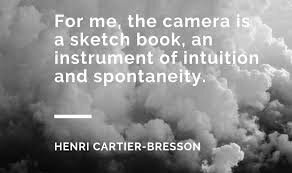
THE MCKENZIE COLLEGE PHOTOGRAPHY MEDIA ARTS PROGRAM
DIPLOMA
43 WEEKS
The Photography Media Arts program uses a project-based curriculum that gives students the opportunity to work on real-world projects. From fashion, event, food and product, landscape, sports/action, and everything in between, individuals will explore different camera techniques, shooting styles, and subject matter. This builds a significant portfolio of work.
Upon graduation, each student will have the skills to start their own freelance photography business. Whether it’s in photojournalism, commercial (for advertising) photography, freelance, or a combination, there are growing opportunities for those who choose to apply themselves.
Area of Study
~History of Photography ~Introduction to Multimedia
~Principles of Art and Design ~Fundamentals of Portrait Photography
~Studio Lighting Techniques ~Organization & Business Practice
~Landscape & Nature Shooting ~Product Lighting & Shooting
~Adobe Photoshop & Lightroom
Every student gets the opportunity to complete an application with the Business Development bank. If approved, they will get funding to cover their living expenses for a year while opening their own photography business.
Learn more about the program, such as possible career paths, admission requirements, tuition and fees, and how to apply, visit online at mckenzie.edu/photography
Contact an Admissions Advisor at admissions@mckenzie.edu
We support the development of great thinkers while teaching them how to use ever-changing technical resources. We prepare students to enter the workforce, begin the career of their dreams, and to
Be Remarkable.